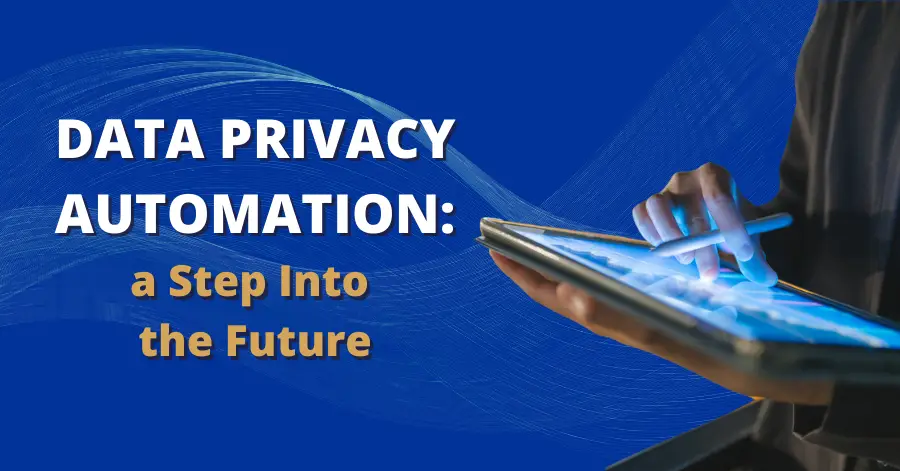What Does a Future-Proof Privacy Program Look Like?


The global data regulatory landscape is evolving rapidly. Gartner predicts that 75% of the world’s population will be covered by data privacy regulations by the end of 2024. Unfortunately, developing a one-size-fits-all approach to compliance is virtually impossible, not just because of the changing privacy laws but also because they vary depending on location. Certain sectors that deal with sensitive data may even be subject to additional laws.
As privacy regulations evolve worldwide, organizations need to implement privacy programs that can quickly adapt to any new requirements—a future-proof privacy program.
What is a Future-Proof Privacy Program?
A future-proof privacy program is not a one-and-done project. Simply put, a future-proof privacy program plans for the future. Not only does it keep you in compliance now, but it also looks forward to upcoming laws or updated requirements. It examines and adapts your existing policies, processes, and systems as necessary. It responds to triggers from the legal landscape or from evolving customer preferences. A future-proof privacy plan is always changing even as it keeps you consistently in the clear legally.
Key Components of a Future-Proof Privacy Program
A future-proof privacy program needs to be robust, straightforward, and flexible. A well-constructed plan should also prioritize the following:
- Information and education: Companies need to stay abreast of the latest regulatory developments and trends. Employees need to be educated on regulatory requirements and best practices . Compliance training for employees in different geographical regions can maintain consistency. (Privacy laws themselves generally don’t establish how often this training should occur, but industry experts recommend annual training as well as refreshers after a significant legal development.)
- Fostering a compliance culture: A top-down approach to compliance is necessary to ensure accountability at every stage. An accessible privacy policy page demonstrates a commitment to transparency.
- Auditing schedules: Regular audits can help identify areas that need improvement. For companies that partner with external vendors, third-party audits can identify any data-sharing risks to be addressed.

The mutable nature of privacy regulations is just one of the many challenges faced by businesses developing a baseline privacy program. Other common concerns to address while building a privacy program include:
- Ambiguous regulations: Some privacy laws are confusingly worded or vague. Involving legal professionals and experts for guidance is crucial.
- Changing tech: Changes in technology force changes in marketing. For instance, third-party cookies are still around for now, but experts say their days are numbered. Your team needs to be ready to transition to other reliable data sources that still respect customer consent.
- Data protection: Data protection measures need to be at the forefront of any privacy program. A Data protection officer (abbreviated DPO) is a key player in any privacy program. Additionally, regulations on cross-border data transfers (like those passed by the European Data Protection Board) may require businesses to invest in enhanced security measures to avoid hefty fines. Establishing data retention policies and deletion schedules can help ensure that older data is destroyed regularly.
- AI governance: While debates are still ongoing about AI regulations, one thing is clear–more and more privacy laws will focus on AI in the near future. Incorporating an AI governance strategy right from the start eliminates the need to completely rebuild your privacy strategy later.
- Resource constraints: Ensuring regulatory compliance can be a resource-heavy process. Whether your solution involves software or additional manpower, your team needs a great deal of support to make a privacy program happen.
4Comply: Your Privacy Software Solution
Any organization can and should strive for a future-proof privacy program. Aside from the obvious legal requirements, keeping an eye on the changing landscape ensures you won’t get left behind. But anyone who has attempted this knows it’s challenging. How can you adjust to new requirements or trends without completely rewriting your entire company procedure?
4Comply offers a data privacy solution that helps you keep up with the latest regulatory developments without having to overhaul your processes every time new regulations come into play. It even keeps records of all your activities so you can demonstrate compliance. Whether you have an established privacy program or are building [RH7] one, ask for a free consultation to learn how we can help.





